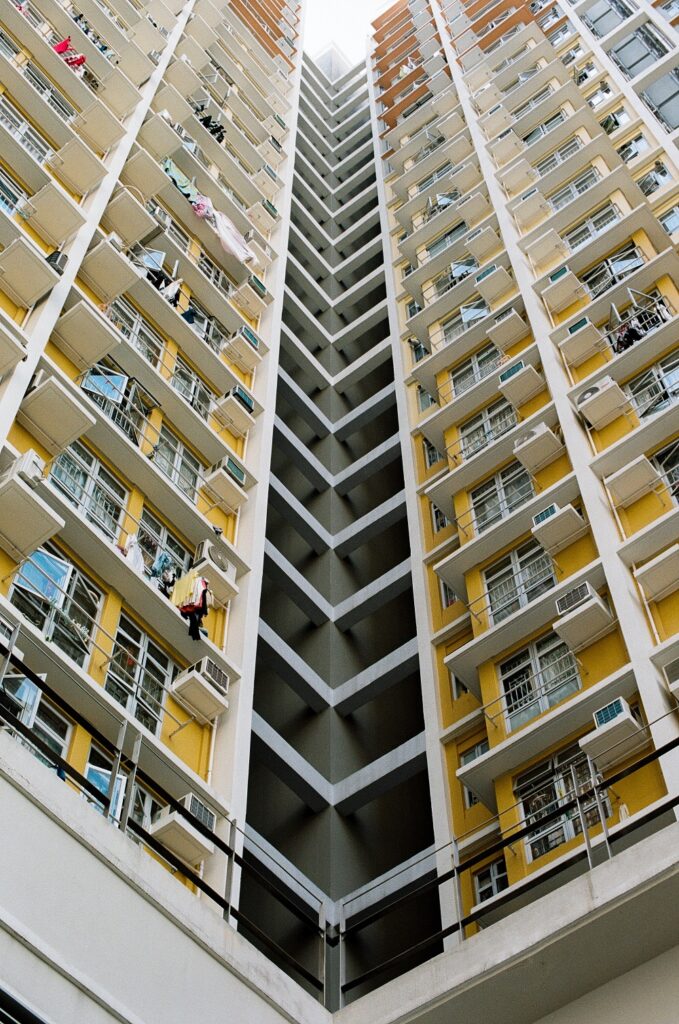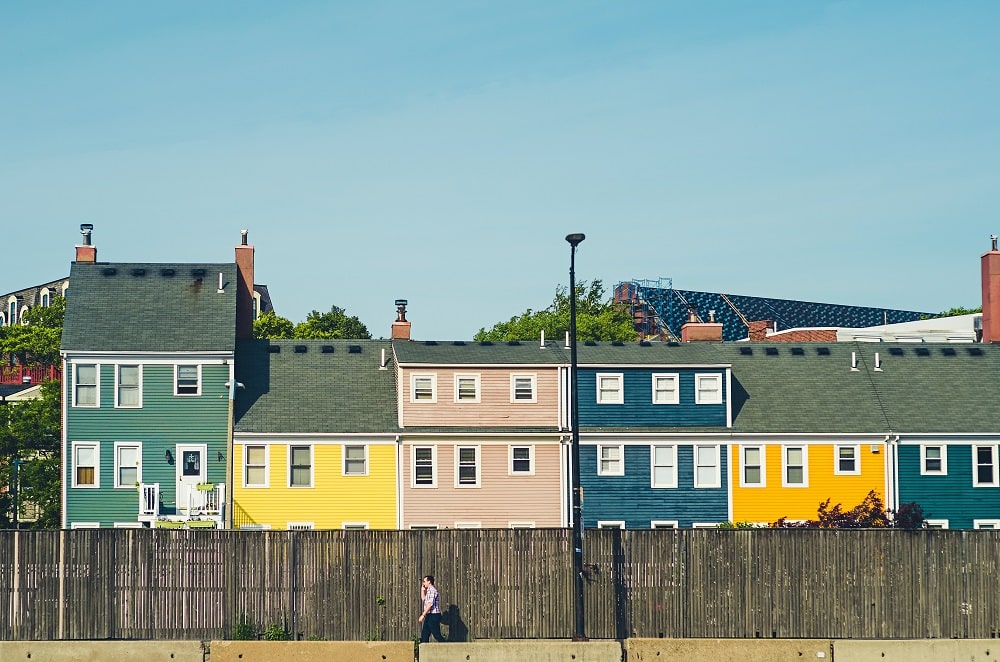The sudden outbreak of the Coronavirus pandemic has brought drastic changes in our lifestyles and mindset.
With markets and businesses bearing the brunt of its impact, there has been a decline in the global economy. Among the many affected sectors, COVID-19 has also made a huge impact on property markets around the world as it has changed the way we feel about our homes.
Wage cuts, unemployment, job uncertainty, and business failures are just a few of the issues we’re facing today. Consequently, people are being more cautious about making investments in residential and commercial properties. This not only decreases the demand for properties but also impacts their overall value.

Now, with the pandemic seeming never-ending, it makes sense to understand the present scenario of property markets to determine if buying a home in this situation is a wise decision.
To address this concern once and for all, we’ve come forth with this comprehensive guide. So, without further delay, let’s begin!
The Present Scenario Of Property Markets
The sudden outbreak of Coronavirus has left an impression on every market and economy, some more than the others. But as the lockdown restrictions are slowly being lifted, we’re gradually progressing back to normalcy.
With the economy opening up, property markets have restarted in-person home viewings after the successful virtual walkthrough sessions. Coming to house prices, the US has seen a fluctuation in the overall price graph.
During the beginning of the pandemic, the demand for real estate had fallen drastically. We expected the trend to continue for the rest of the year. However, surprisingly, the market picked up, seeing a rise in demand, thanks to advanced technologies that support house viewings from the comfort of home.
The present scenario isn’t too different in property markets across the UK. There has been a significant rise in the number of people looking for homes and office spaces with large gardens and more open areas further away from the city.
This may be a temporary trend, but Coronavirus has definitely changed the mindset of individuals. It’s making them think about where and how they’d want to live. And open spaces with a significantly low population are being considered much safer than crowded cities.
That’s not all; the government has managed to provide tax exemptions to promote property markets, which, in turn, acts as a stimulus to the growth of the economy. In fact, buyers can potentially save by leaps and bounds, provided they shift during the pandemic.
Even then, it’s critical to highlight the fact that we’re in a global recession. Lack of employment is also affecting the property market as people are limiting expenditure from their incomes.

Property Viewings During The Pandemic
Virtual house viewings via Facetime, Zoom, and Facebook live were made available to potential buyers during the lockdown. Even now, real estate agents and brokers are hosting virtual walkthroughs and open houses to help you filter properties and find your dream home.
As per the latest guidelines issued by the government, this mode of real estate operation is here to stay. Buyers may opt for in-person viewing only once they’re serious about making an offer. However, this should be done, keeping social distancing in mind.
It’s imperative to wear masks at all times, and both parties must sanitize or wash their hands before entering the property. Also, they should avoid touching surfaces unnecessarily.
Impact Of Coronavirus On Residential Property Markets
Truth be told, it’s too early to state the impact of Coronavirus on house prices as the figures have been fluctuating since the onset of the pandemic. And they’re predicted to continue doing so, owing to the different factors involved.
Statistically speaking, in the UK, house prices fell 1.7% from the previous month as per the Nationwide’s index for May. This was the largest decline seen in 11 years.
If we go by the Land Registry’s House Price Index (the most reliable barometer of house prices in the UK), delayed figures for May show a 0.3% month-on-month drop and a 2.9% year-on-year rise in house prices. On the other hand, the US has seen a rise in house prices since the lockdown.
One of the reasons for this is the decline in demand for office spaces as people now understand the need for “work from home.” Consequently, the housing market is seeing a drastic change.
Buyers are looking for homes away from the city where they can work in peace, maintaining the required social distancing protocols. If not in the outskirts, they’re keen on seeking areas within commuting distance to important locations, such as grocery shops, open spaces, offices, or even cities.

Impact Of Coronavirus On Retail Property Markets
With the US unemployment rate being sky high (13.3% in May), moratoriums have been put on evictions for 60 to 90 days in some areas and up to six months in the other areas of the country. This has shifted the burden to banks and landlords in both the retail and housing sectors.
The lockdown has adversely impacted businesses to the extent that several shops are still shut while face-to-face suppliers have almost totally closed down. As a result, there has been a rise in rent arrears. Although rent deferment for one or two quarters is not a massive concern for the industry, a long-term trend will eventually lead to a significant fall in retail property value.
In normal scenarios, with land being cheap, retail parks and malls are abandoned if they incur losses or are costly to upgrade. This trend is expected to grow due to the impact of Coronavirus on retail property markets.

Impact Of Coronavirus On Office Property Markets
Like retail markets, the effect of Coronavirus on office property values will be minimal with just one or two-quarters of rent deferment. But this isn’t the only determining factor.
With the growing trend and need for “work from home,” property buyers in the UK and US are looking for houses in the rural and suburban areas. As such, the demand for office spaces is seeing a sharp decline.
Moreover, as the need for accommodation increases, buildings, including office blocks, are being turned back into residential properties. This, in turn, leads to an overall drop in office property prices.

The Constant Factors
In spite of the rapidly changing times, investing in property markets for buying houses or office spaces isn’t a bad idea. This is because of two crucial factors that are bound to remain constant, even amidst a pandemic.
Firstly, buying a residential or commercial property is a long-term investment that’s secure. And secondly, bricks and mortar will always be solid and unchanging. These factors will ensure returns in the long-run, making your property more valuable in the post-COVID-19 world.
What’s more, property markets have proven to be remarkably flexible over the years. You can always change the use of the land and building within no time while retaining or even improving its overall value.
We have several pieces of evidence in our environment to verify the possibility of the same. For instance – shops that are now flats, old factories that have been transformed into hotels, or even warehouses that have become dance studios.
Final Words
There’s no certainty how the overall scenario of property markets will pan out once the government financial support schemes and tax exemptions come to an end.
Even though there’s a great deal of optimism surrounding this sector at the moment, experts suggest that it might not last. The market and house price growth may slow down after a while as the industry is bound to eventually feel the effects of the economic downturn.
To sum up, property markets will continue performing well for a short duration. But as the government support schemes dwindle, housing activity may dampen. So, both buyers and sellers should be mindful of economic concerns in the long-run.
On that note, we come to the end of this informative guide. Here’s hoping we were able to provide the required insight on the topic.
With this, we’ll now take your leave. Till next time, stay safe!



